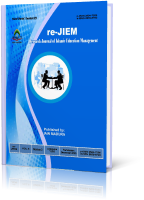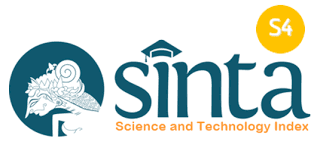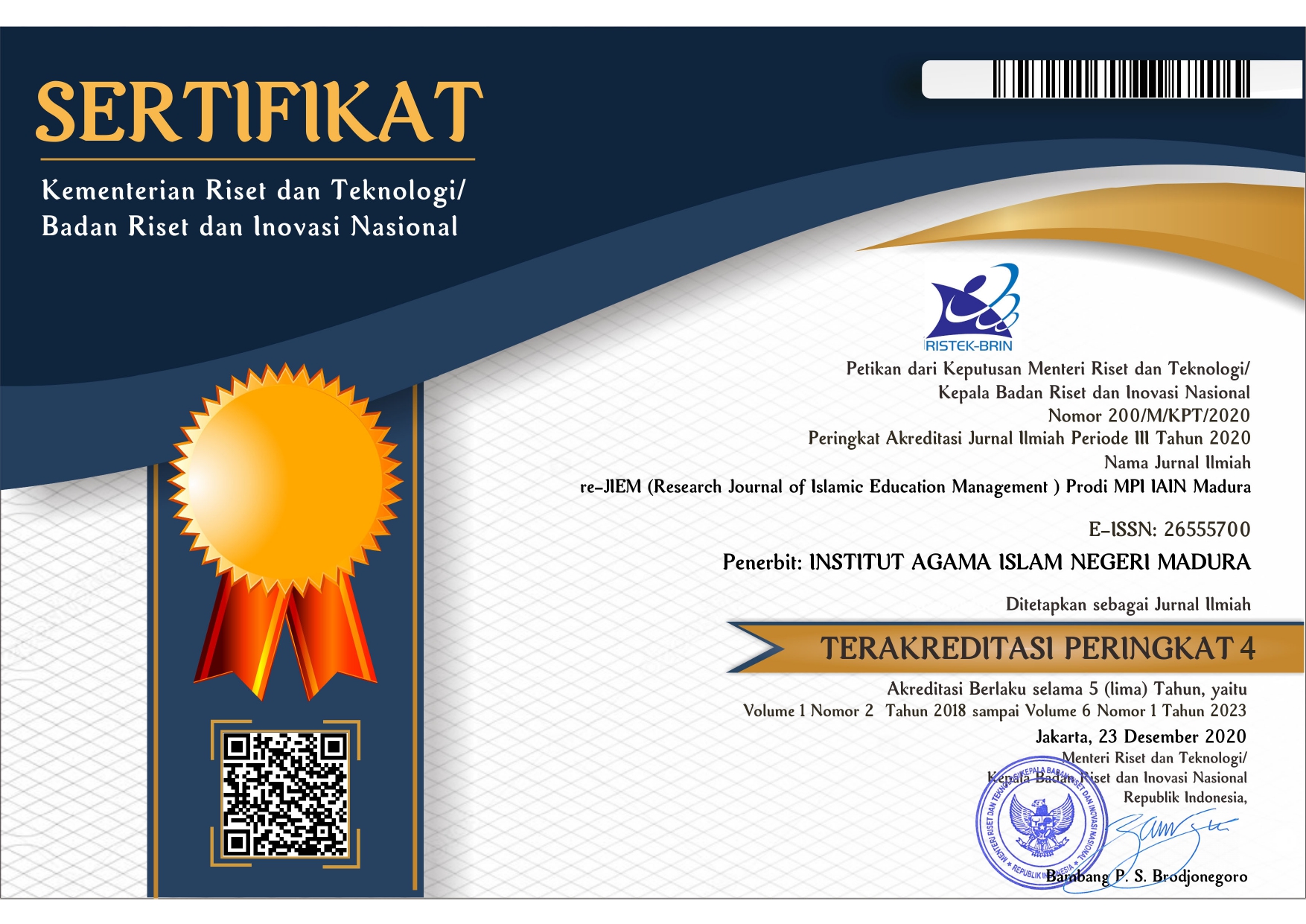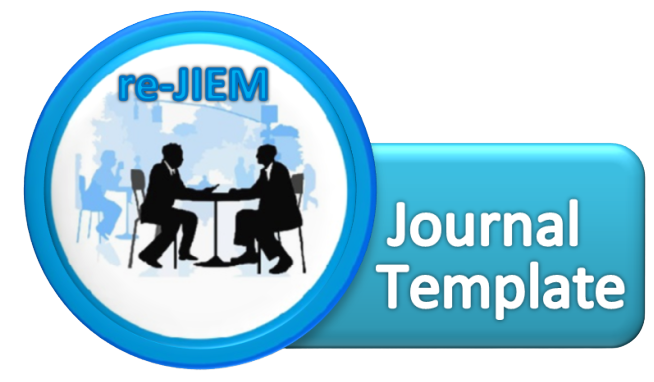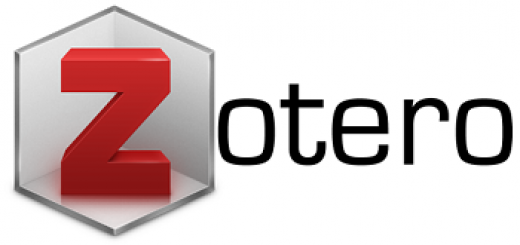EFEKTIVITAS MANAJEMEN PENGEMBANGAN KOMPETENSI GURU DALAM PENERAPAN KURIKULUM MERDEKA
 Abstract views: 121
,
Abstract views: 121
,
 PDF downloads: 94
PDF downloads: 94
Abstract
Competency-based educational management emphasizes the importance of well-planned and sustainable human resource management to achieve optimal educational goals. This study aims to evaluate the effectiveness of teacher competency development management in the implementation of the Kurikulum Merdeka (Independent Curriculum) based on competency-based educational management theory. The research employs a mixed-methods approach with an evaluative design. The subjects consist of 20 teachers from SD Negeri 01 Bermani Ilir, SD Negeri 19 Kepahiang, SD Negeri 01 Kepahiang, SD Negeri 15 Kepahiang, SMP Negeri 2 Kepahiang, SMP Negeri 1 Kepahiang, and SMP Negeri 2 Tebat Karai. Data were collected through questionnaires, interviews, observations, competency tests, and document analysis, and subsequently analyzed using descriptive statistics and thematic analysis. The results reveal that the effectiveness of teacher competency development management has not yet reached an optimal level. A total of 60% of teachers rated the training management as moderately effective, while 40% considered it less effective. Identified challenges include a lack of practice-based training, limited facilities, and high administrative workloads. Teachers with strong management support showed improvements in understanding and implementing the Kurikulum Merdeka, although maintaining consistency remains a challenge. This study concludes that teacher competency development management needs enhancement through more relevant training, strengthened supervision by school principals, improved access to technology, and more efficient management of administrative workloads. These strategic recommendations are expected to support the successful and optimal implementation of the Kurikulum Merdeka.
Downloads
References
Anggraeni, Y. “Model Pelatihan Inovatif Untuk Meningkatkan Profesionalisme Guru.” Jurnal Inovasi Pendidikan 15, no. 3 (2020): 101–15.
Arifin, M. “Evaluasi Pengembangan Kompetensi Guru Dalam Penerapan Kurikulum Merdeka.” Jurnal Manajemen Pendidikan 22, no. 2 (2023): 145–60. https://doi.org/https://doi.org/10.23917/jmp.v22i2.23412.
Darling-Hammond, Linda, Maria E. Hyler, Madelyn Gardner. Effective Teacher Professional Development. Palo Alto: CA: Learning Policy Institute, 2017. https://doi.org/10.54300/456.310.
Desimone, Laura M., Michael S. Garet. “Best Practices in Teacher’s Professional Development in the United States.” Psychology, Society, & Education 7, no. 3 (2015): 252–63. https://doi.org/10.25115/psye.v7i3.1010.
Desimone, Laura M. “Improving Impact Studies of Teachers’ Professional Development: Toward Better Conceptualizations and Measures.” Educational Researcher 38, no. 3 (2009): 181–99. https://doi.org/10.3102/0013189X08331140.
Fakhiroh, Eva Zakiyatul, Liska, Ali Nurhadi, Atiqullah, and Zainatul Mufarrikoh. “Pengembangan Keprofesian Berkelanjutan Guru Bahasa Pamekasan.” Re-JIEM (Research Journal of Islamic Education Management) 6, no. 2 (2023): 219–31.
Firmadani F, Lestari W. “Pengaruh Pelatihan Terhadap Kompetensi Pedagogik Guru Matematika.” Jurnal Cendekia: Jurnal Pendidikan Matematika 4, no. 1 (2020): 278–85. https://doi.org/https://doi.org/10.31004/cendekia.v4i1.152.
Fullan, Michael, Maria Langworthy. A Rich Seam: How New Pedagogies Find Deep Learning. London: Pearson, 2014. https://doi.org/10.1002/9781119267368.
Fullan, Michael. “The New Meaning of Educational Change,” 2007, 2007. https://doi.org/10.1177/019263651303700302.
Garet, Michael S., Andrew C. Porter, Laura Desimone, Beatrice F. Birman, Kwang Suk Yoon. “What Makes Professional Development Effective? Results From a National Sample of Teachers.” American Educational Research Journal 38, no. 4 (2001): 915–45. https://doi.org/10.3102/00028312038004915.
Guskey, Thomas R. Evaluating Professional Development. Thousand Oaks, CA: Corwin Press, 2002. https://doi.org/10.4135/9781452232612.
Halik, Abd., Ali Nurhadi, Badrus Soleh, and David Adi Kurniawan. “Implementasi Supervisi Dalam Meningkatkan Kinerja Tenaga Kependidikan Di Ma Az-Zubair Tlanakan Pamekasan.” Re-JIEM (Research Journal of Islamic Education Management) 5, no. 1 (2022): 32–45. https://doi.org/10.19105/re-jiem.v5i1.6370.
Hallinger, Philip, and Ronald H. Heck. “Leadership for Learning: Does Collaborative Leadership Make a Difference in School Improvement.” Educational Management Administration & Leadership 38, no. 6 (2010): 654–78. https://doi.org/10.1177/1741143210379060.
Handayani, L. “Peran Pelatihan Berkelanjutan Dalam Meningkatkan Kompetensi Guru Terhadap Kurikulum Merdeka.” Jurnal Pembelajaran Berkelanjutan 16, no. 1 (2022): 88–102. https://doi.org/https://doi.org/10.20961/jpb.v16i1.21078.
Hargreaves, Andy. Changing Teachers, Changing Times: Teachers’ Work and Culture in the Postmodern Age. Continuum. London: Continuum, 1994. https://doi.org/10.4324/9780203976103.
Hasan, A. “Peran Kepala Sekolah Dalam Pengembangan Profesionalisme Guru.” Jurnal Kepemimpinan Pendidikan 9, no. 4 (2018): 77–88. https://doi.org/https://doi.org/10.15294/jkp.v9i4.12345.
Hasanah, Iswatun, and Hilmi Qosim Mubah. “KEPEMIMPINAN ALTRUIS DALAM MEMBENTUK ORGANIZATIONAL CITIZENSHIP BEHAVIOUR PADA PEGAWAI DI SMP PLUS NURUL HIKMAH PAMEKASAN.” Re-JIEM (Research Journal of Islamic Education Management)e-JIEM (Research Journal of Islamic Education Management) 5, no. 2 (2022): 160–71. https://doi.org/10.19105/re-jiem.v5i2.7642.
John W, Creswell. Research Design: Qualitative, Quantitative, and Mixed Methods Approaches. Thousand Oaks, CA: SAGE Publications, 2018.
Joyce, Bruce, Beverly Showers. Student Achievement Through Staff Development. Alexandria. VA: Association for Supervision and Curriculum Development, 2002.
Kinanthi, Gendis Surya, Natasya Fadilla Saputri, and Nur Aini Rosita. “Pentingnya Pengembangan Kompetensi Profesionalisme Guru Dalam Menghadapi Transformasi Pendidikan Abad 21.” Social, Humanities, and Educational Studies (SHES): Conference Series 7, no. 3 (August 2024). https://doi.org/10.20961/shes.v7i3.91652.
Kusuma, H. “Evaluasi Tantangan Guru Dalam Implementasi Kurikulum Merdeka.” Jurnal Pendidikan Nasional 20, no. 4 (2021): 233–247. https://doi.org/https://doi.org/10.17977/jip.v20i4.56789.
Mulyasa. Manajemen Pendidikan Karakter. Jakarta: Bumi Aksara, 2018.
Putri, R., dan Prasetya, W. “Penguatan Pendidikan Karakter Melalui Kurikulum Merdeka.” Jurnal Pendidikan Karakter 12, no. 2 (2020): 56–72. https://doi.org/https://doi.org/10.21831/jpk.v12i2.20355.
Riduwan. Dasar-Dasar Statistika: Untuk Penelitian Pendidikan, Sosial, Ekonomi, Komunikasi, Dan Bisnis. Edited by Cet. Ke-4. Bandung: Alfabeta, 2020.
Sopian, A. “Tugas, Peran, Dan Fungsi Guru Dalam Pendidikan.” Raudhah: Proud to Be Professionals 1, no. 1 (2016): 88–97. https://doi.org/https://doi.org/10.48094/raudhah.v1i1.10.
UNESCO. Reimagining Our Futures Together: A New Social Contract for Education. Paris: UNESCO Publishing, 2021. https://doi.org/10.18356/9789231004774.
Wahyudi, D. “Tantangan Guru Dalam Implementasi Kurikulum 2013: Sebuah Studi Kasus.” Jurnal Pendidikan Indonesia 18, no. 1 (2019): 123–37. https://doi.org/https://doi.org/10.22219/jpi.v18i1.11743.
Wei, Ruth Chung, Linda Darling-Hammond, Ann Jaquith, Stephanie Richardson, Shelly Orphanos. Professional Learning in the Learning Profession. Oxford: National Staff Development Council, 2009. https://doi.org/10.1002/9781444327816.
Wulandari, Tria Ayu, Muhammad Yaseen, Abdul Wafi, Ali Nurhadi, Hilmi Qosim Mubah, and Rinta Ratnawati. “Implementation of Educational Supervision To Improve Teacher Performance: A Comparative Study At Indonesian and Pakistani School.” Re-JIEM (Research Journal of Islamic Education Management) 6, no. 1 (2023): 29–42. https://doi.org/10.19105/re-jiem.v6i1.8714.
Copyright (c) 2024 Revi Adekamisti, Idi Warsah, Adisel, Jumira Warlijasusi

This work is licensed under a Creative Commons Attribution-ShareAlike 4.0 International License.
Authors who publish with this journal agree to the following terms:
Authors retain copyright and grant the journal right of first publication with the work simultaneously licensed under a Creative Commons Attribution-ShareAlike 4.0 International License that allows others to copy and redistribute the material in any medium or format with an acknowledgment of the work's authorship and initial publication in this journal and also allows to remix, transform, and build upon the material for any purpose, even commercially with contributions under the same license as the original.
Authors are able to enter into separate, additional contractual arrangements for the non-exclusive distribution of the journal's published version of the work (e.g., post it to an institutional repository or publish it in a book), with an acknowledgment of its initial publication in this journal.
Authors are permitted and encouraged to post their work online (e.g., in institutional repositories or on their website) prior to and during the submission process, as it can lead to productive exchanges, as well as earlier and greater citation of published work.


